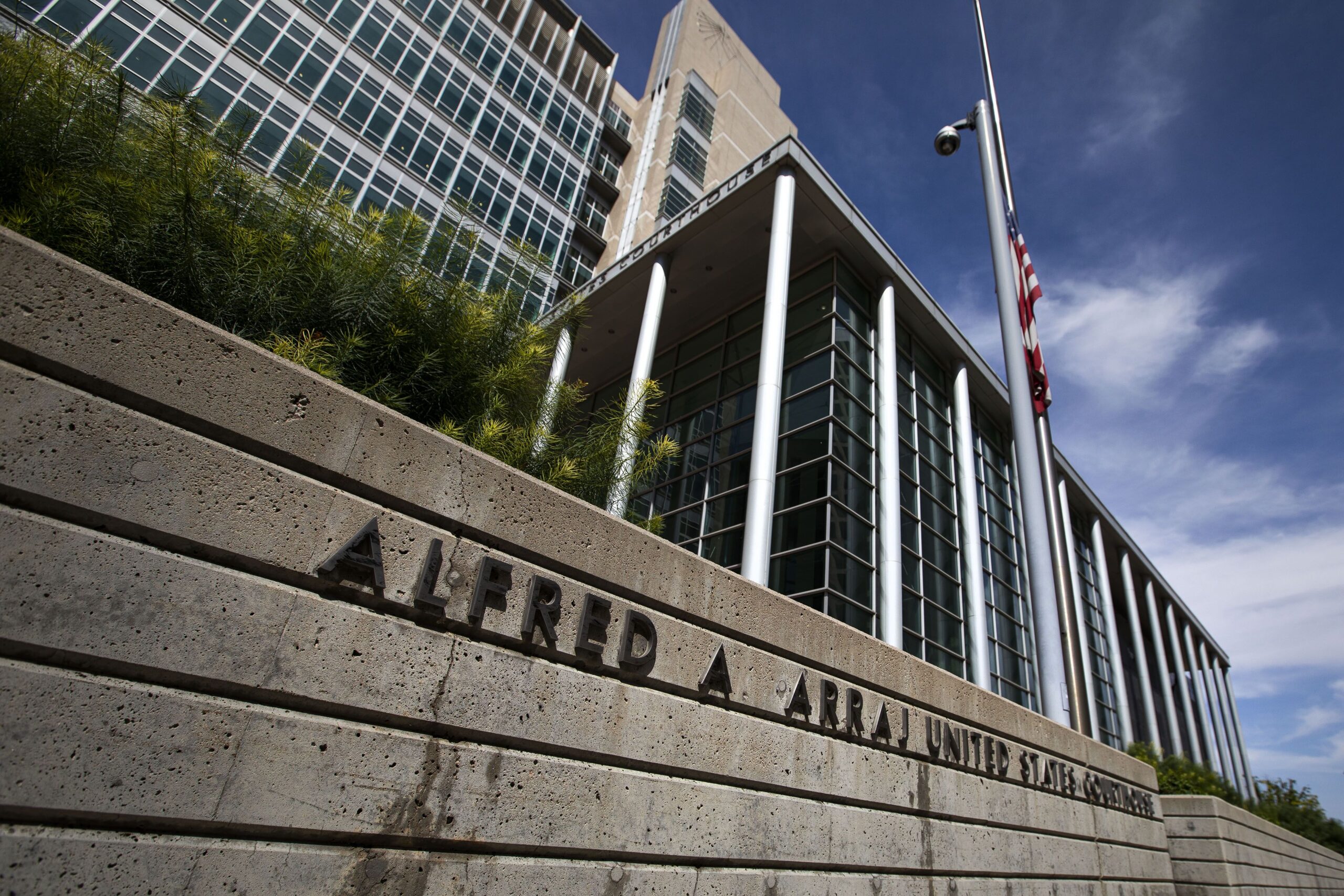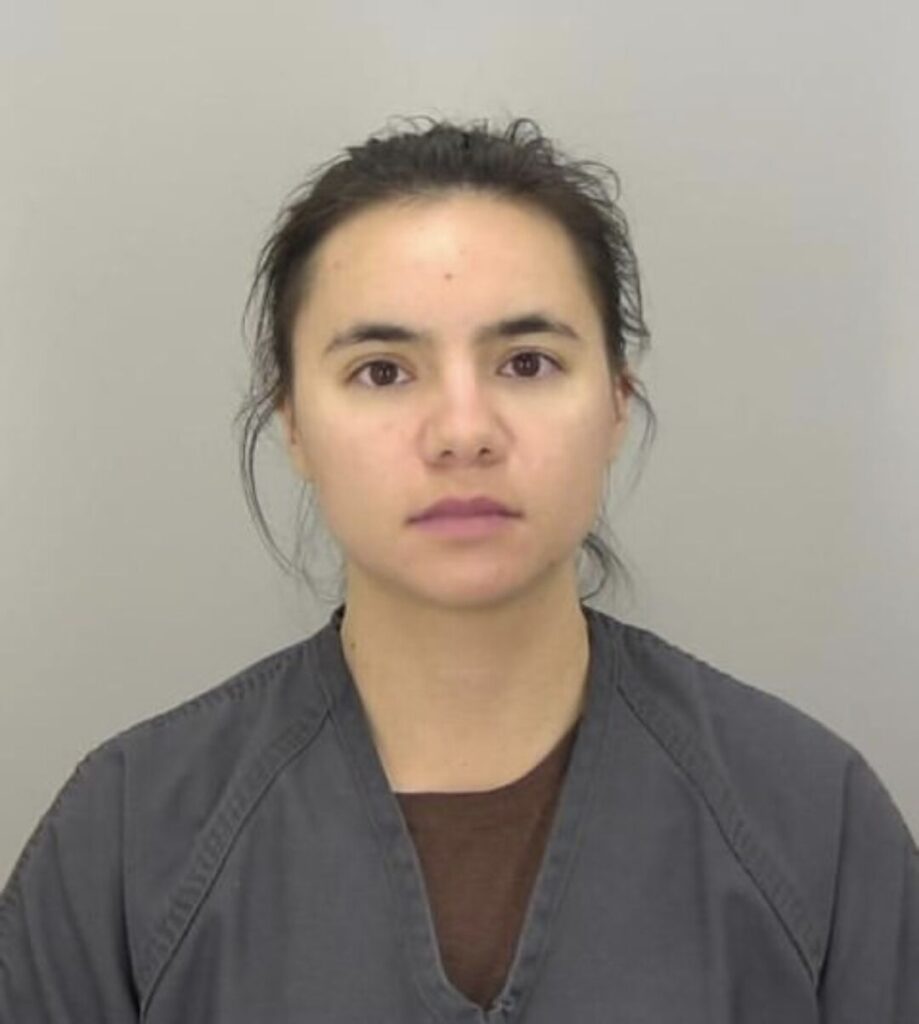Federal judge demands answers from lawyer on faulty citations

A federal judge aggressively interrogated a lawyer on Monday for her use of flawed citations in a legal filing and her response after it was brought to her attention.
“Do you agree with me now that those citations are not proper?” asked U.S. District Court Judge Nina Y. Wang.
Yes, responded attorney Sara A. Green, adding that the error was a result of carelessness and not due to the use of artificial intelligence or an intent to mislead.
“All I can do is apologize to the court,” Green said. “It was human error. It was a mistake. It’s not my practice. I have not done anything like this before. It was just a really bad time.”
Still, pressed Wang, Green’s opposing counsel had to spend time inquiring about and responding to the inaccuracies even after he gave Green a heads-up.
“He would not have had to do any of those things had those citations not been included,” said Wang. “Or, potentially, if you had just told him at the time he raised this issue to you what happened.”

The unusual hearing in Colorado’s federal trial court stemmed from a series of events beginning in mid-September.
Over the summer, Green, who resides in Florida, filed a proposed class action lawsuit on behalf of an Eagle County firefighter whose time spent on non-firefighting duties allegedly entitled him to overtime pay. However, the county failed to compensate the plaintiff and others in his position.
On Sept. 9, Green filed an amended complaint to expand on the allegations. She cited multiple court cases in support of her client’s position.
A week later, the county’s lawyer, Colin Walker, emailed Green saying he could not find four of the court cases she had cited. He asked for “true and correct copies of these cases.”
Green replied that “they exist” but were “inadvertently included.” She indicated she would file another amended complaint to correct the citations.
“Your response is perplexing,” wrote Walker. “If, as you claim, these cases exist, it would be simple enough to send us copies and/or valid citations. You have steadfastly refused to do so, which seems to confirm you have submitted false case law to the court.”
On Sept. 18, Green submitted a new proposed complaint, explaining some cases were “inadvertently mis-cited” in the prior version. She replaced them with “properly cited and verifiable cases.”
Walker submitted a response in opposition, attaching his email exchange with Green. He told Wang he would not normally criticize opposing counsel for “honest mistakes,” while arguing the inclusion of four faulty citations and Green’s reaction to the mistake were “not honest.”
“Although there is no way to know for sure what happened, this has all the hallmarks of the use of generative artificial intelligence to perform legal research without confirming the results,” Walker wrote. “Regardless of the reasons, Plaintiff’s conduct here is unacceptable and has caused unwarranted costs to Eagle County, a public, taxpayer-funded, entity.”

The following day, Green notified Wang that her client was dismissing his lawsuit. But that was not the end, as Wang quickly ordered Green to explain the incorrect citations.
“Counsel was solely responsible for drafting all pleadings, and no generative artificial intelligence was used. Some of the citation irregularities also stemmed from autocorrect, jumbled notes, shorthand mistakes, typographical and formatting errors,” wrote Green on Oct. 14. “There was absolutely no bad faith or intent to mislead.”
She also asked Wang to postpone the Nov. 3 hearing or, alternatively, to rely solely on her written response. Wang refused.
“You’re prepared to swear under the penalty of perjury that all your actual statements and arguments in the response to the order … are factually correct?” she asked at the outset of the hearing.
“You’re scaring me, but yes, I am,” said Green.
Wang interrogated Green about the timeline of events, her emails with opposing counsel, and each of the flawed citations.
“I’m really focused on how this case law got into the first amended complaint, and your response thereto when Mr. Walker brought it to your attention that these citations were, at best, inaccurate,” she said. “Would you agree at this point that … none of those case citations exist?”
Green responded that the citations themselves were incorrect, but the case names were real and do exist.
Yet, one case “cannot be pulled up in any legal database we found,” interrupted Wang.
“I had very sloppy notes. I was very disorganized. I was doing a lot of things at once,” said Green. “We had a lot of internal changes at the firm.”

Wang was unmoved, noting the actual cases the citations were based on did not bolster Green’s specific allegations against Eagle County.
“How does that make sense to put a placeholder in that doesn’t stand for the proposition you are citing it for?” she demanded.
“I have been in front of this court for numerous years, and my past can show I have a great record,” said Green. “I’ve never been threatened with sanctions before. It’s a one-time instance. It’s a mistake.”
Nonetheless, Wang continued to cross-examine Green about her immediate reaction to the mistake.
“At no time in your correspondence with Mr. Walker do you say, ‘Hey, Mr. Walker, this is what happened.’ Instead, you appear to engage in communications that seem to, at best, avoid the issue,” Wang said. “Would you agree with that?”
Yes, acknowledged Green.
Walker asked that Wang bar Green’s client from refiling the allegations, and that Green pay for Eagle County’s attorney fees. In response to a question from Wang, Green said she has told the plaintiff about what happened.
“And he understands what the possible penalties might be here?” Wang asked.
Yes, said Green.
Wang indicated she would issue a written sanctions order.













